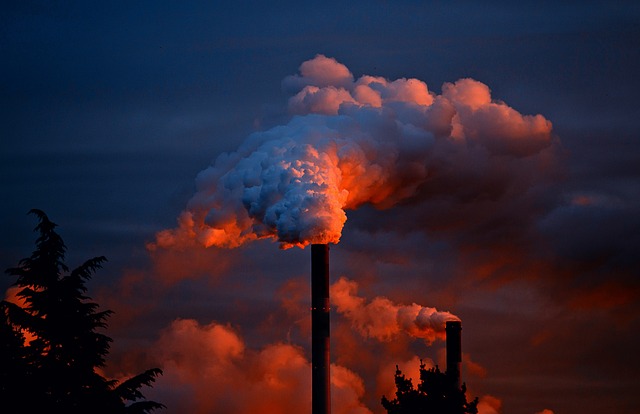The Ripple Effect: Social Media’s Environmental Impact
Social media has woven itself into the fabric of our daily lives, influencing how we communicate, share information, and even perceive reality. However, amidst the endless scroll of curated photos and viral videos, it’s crucial to pause and consider the less visible consequences of our online interactions: the environmental impacts.
Every time we log onto a social media platform, we engage in a world that, surprisingly, has far-reaching consequences far beyond our screens. The servers that power our favorite apps consume massive amounts of energy, much of which is still derived from fossil fuels. As user engagement skyrockets, so does the energy consumption, leading to increased carbon output and a heavier toll on our planet.
Social media’s impact is not only about energy consumption; it also manifests in the way we engage with environmental issues. Viral posts about climate change can raise awareness and encourage positive action, yet they can also lead to misinformation that can misguide efforts. The cycle of sharing content can often overshadow deeper, more nuanced discussions about sustainability and the true environmental impacts of our digital habits.
Moreover, the culture of social media fosters a rapid churn of content that can lead to increased waste. Think about it: how many times have we seen incredible photos of products or trends that lead us to purchase things we don’t need, just for the sake of likes or shares? This culture of consumption feeds into the broader issue of environmental degradation, as fast fashion and disposable electronics contribute to a throwaway society.
As we engage with social media, it’s vital to reflect on how our interactions can either contribute to or alleviate these environmental impacts. Whether it’s choosing to follow accounts that promote sustainability or being mindful of our screen time, each small decision can ripple outwards, affecting not only our immediate world but the planet as a whole. By fostering a more conscious approach to how we interact and what we share, we can begin to reverse some of the environmental impacts tied intricately to our online lives.
Ultimately, understanding the environmental impacts of social media is a shared responsibility. As users and creators of content, we hold the power to shape the narrative—and that can lead to positive changes in our environment if we choose to act thoughtfully.




